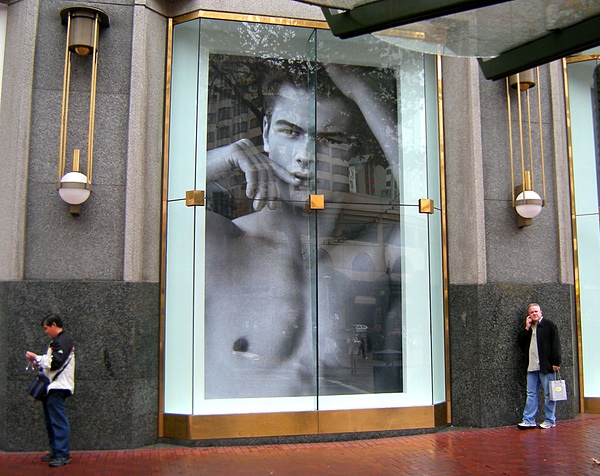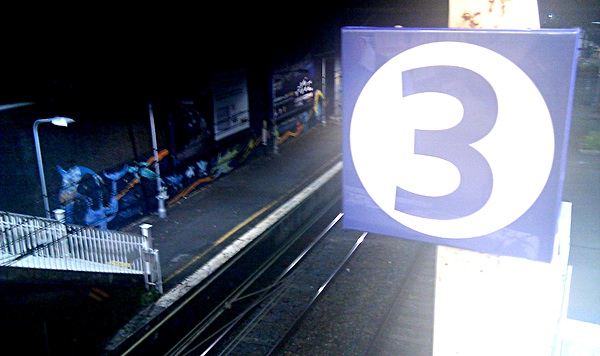
A weekly summary of what I’ve been doing elsewhere on the internets — very late this week because I just couldn’t be arsed doing blog posts while I was in San Francisco. But here’s the summary of last week. On Wednesday. So I’ll refund your goddam subscription fees.
Articles
- WikiLeaks in the clouds: why attempts to shut down Assange will fail, for Crikey.
- Wikileaks could gag sources: Clinton, for ZDNet.com.au. That’s Bill Clinton, who apparently used to be “president” of some place called “America”.
- Letter from: San Francisco, and Bill Clinton on instability, sustainability … and WikiLeaks, for Crikey. Well, this is what happens when you end up in a room with 15,000 people.
Podcasts
- Patch Monday episode 68, “Wikileaks: the survival lessons”. A panel discussion with network engineer Mark Newton — he described WikiLeaks as “a bespoke cloud-based CDN [content distribution network] that is enabled by the Streisand Effect” — information security specialist Crispin Harris, and platform architect Benno Rice.
Media Appearances
None. What wrong with you people?
Corporate Largesse
Where do you start? This week was all about me travelling to San Francisco as a guest of Salesforce.com. So they paid my airfares, accommodation, food and drink throughout the event, and “networking functions” at the W Hotel and the Palace Hotel. Plus they gave me a Flip HD video camera, a scarf, a t-shirt, a universal power plug thingy and a can of whipped cream. Don’t ask.
Elsewhere
Most of my day-to-day observations are on my high-volume Twitter stream, and random photos and other observations turn up on my Posterous stream. The photos also appear on Flickr, where I eventually add geolocation data and tags.
[Photo: A comparison of real American men with the idealised version portrayed in advertising in a storefront on Market St, San Francisco.]

